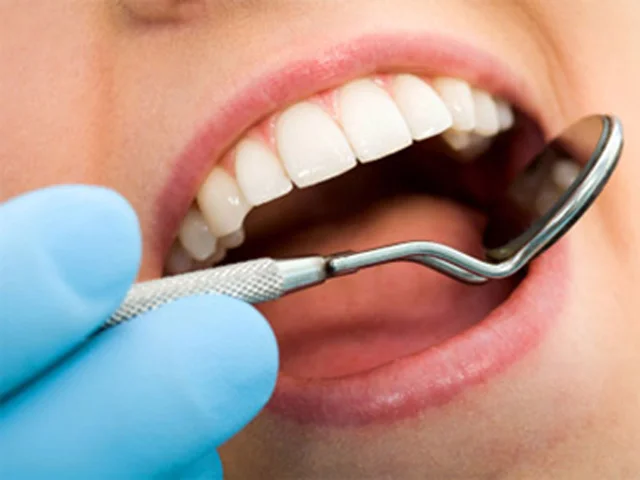Gum health plays a key role in your overall well-being. You might not realize it, but your gums and heart share a surprising connection. Research shows that untreated gum disease increases your risk of heart problems. Harmful bacteria from your mouth can enter your bloodstream, affecting your heart. So, maintaining your gums is a must for a healthy heart. A Wichita Falls dentist can help you understand and manage this crucial link. Regular check-ups and good oral habits are your best defenses. Brush, floss, and see your dentist regularly. Ignoring gum health might lead to heart issues, making prevention essential. Choose foods that support gum health and keep away from sugar-laden treats. Be proactive and aware to safeguard your heart. Your smile is more than just for looks. It is a gateway to a healthier life. By taking these steps, you guard both your gums and heart.
Understanding Gum Disease
Gum disease, also known as periodontal disease, starts as inflammation of the gums. This stage is called gingivitis. If ignored, it progresses to periodontitis, which can cause gum recession, tooth loss, and bone damage. These symptoms might seem confined to your mouth, but the impact runs deeper.
How Oral Bacteria Affect Your Heart
When gum disease breaks down tissue, bacteria enter your bloodstream. This process triggers inflammation, which plays a significant role in heart disease. Inflammation can cause arteries to harden and lead to atherosclerosis, increasing the risk of heart attacks and strokes. A study by the Centers for Disease Control and Prevention highlights that heart disease remains the leading cause of death in the United States, with inflammation as a key contributor.
The Importance of Regular Dental Check-Ups
Regular dental visits allow for early detection of gum disease. During these check-ups, your dentist can remove plaque and tartar that brushing might miss. Early intervention prevents gum disease from evolving into a more serious condition. The National Institutes of Health emphasizes the importance of dental hygiene in preventing systemic diseases.
Simple Steps for Healthy Gums
- Brush twice daily for at least two minutes using fluoride toothpaste.
- Floss daily to remove food particles and plaque between teeth.
- Use an antiseptic mouthwash to reduce bacteria.
- Eat a balanced diet rich in vitamins and minerals.
- Avoid tobacco products and limit alcohol consumption.
Diet and Its Role in Gum and Heart Health
Nutrition plays a fundamental role in maintaining both gum and heart health. Foods high in omega-3 fatty acids, such as fish and chia seeds, help reduce inflammation. Leafy greens and fruits rich in antioxidants support tissue repair and immune function. On the other hand, diets high in sugar and processed foods can contribute to gum disease and heart complications.
Comparison of Gum Health and Heart Health Risk Factors
| Gum Health Risk Factors | Heart Health Risk Factors |
|---|---|
| Poor oral hygiene | High blood pressure |
| Smoking | Smoking |
| Uncontrolled diabetes | Uncontrolled diabetes |
| Hormonal changes | Obesity |
| Genetic factors | Genetic factors |
Seeking Professional Help
If you notice symptoms like bleeding gums, persistent bad breath, or tooth mobility, seek professional advice promptly. Early diagnosis and management of gum disease can save you from complex procedures and potential heart issues. Consult with your dentist and healthcare provider to develop a coordinated care plan.
Conclusion
Understanding the link between gum and heart health empowers you to make informed decisions. By prioritizing oral hygiene and regular dental visits, you protect both your smile and heart. Simple steps, combined with professional guidance, pave the way for a healthier tomorrow. Guard your heart by caring for your gums today.




